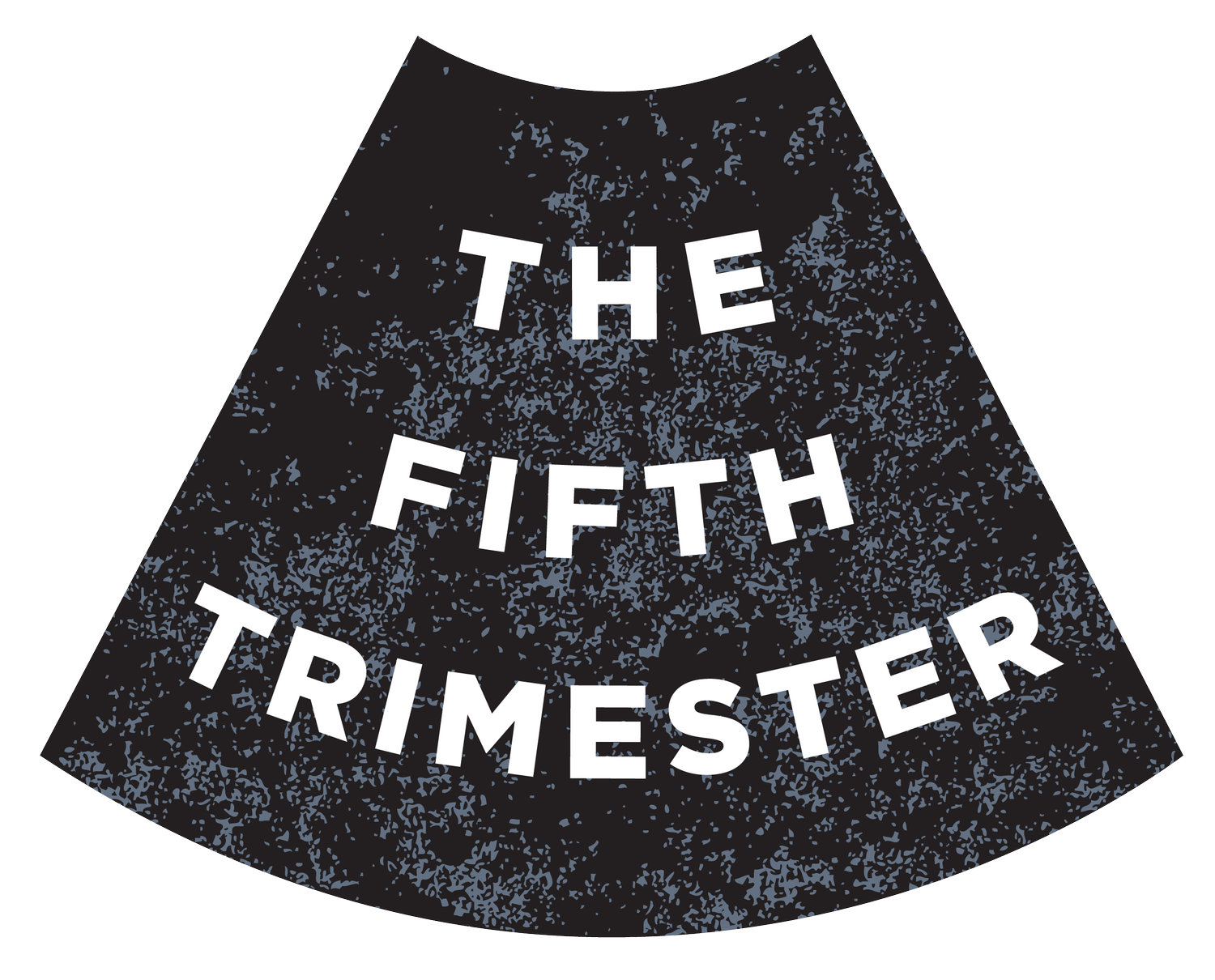Have you seen this ridiculously brilliant ad for Organic Valley's Organic Balance shakes? I loved it so much I cold-called its creator, whom, it turns out, is a man! (A man, this in touch with the struggle that is 7a.m.? Yes.) David Littlejohn, the creative director of the brand agency Humanaut, attributes the spot's success to his largely female team. (Smart man.) But he also credits his working wife...and his role as a new dad to an eight-month old daughter. (Even smarter.)
This is how change happens, in my opinion: Parents do great work that reflects and propels culture for the masses...and then they aren't afraid to talk about the bottle strike their kid went on while they were doing it. Listen in:
The Fifth Trimester: I would love to know: Where did this genius idea come from? Tell me about the brainstorming process.
David Littlejohn: Well, that process is sometimes not as sexy as people think it is. It’s lots of conversations. But the real heart of the work we’re doing, is to say the thing that you’ve been feeling, but haven’t quite had the words to say. We knew that there was this growing trend of people posting this perfect stuff about their days, and editing out the bad stuff.
Where did this client fit in?
Organic Balance is both an amazing product, and a compromise; it’s an organic breakfast, but in a bottle. We commissioned a study, we interviewed 1,000 women, we came back with a lot of stats. And we then could dispel the myth of this perfect, organic, artistic, journaling, yoga, healthy-eating woman…who statistically speaking, is a complete minority.
Ah ha! I imagine that you’re probably a pretty enlightened guy, but has any of this work changed the lens through which you see women’s mornings?
Of course it was a little nerve-wracking to enter into this entire type of advertising directed at women. You’re kicking a potential hornet’s nest if you don’t do it well. But we knew that we were empowering women in real life, and backing it up with research. Plus, most of our staff is female, and the lead writer on this project is female. So we are definitely leaning into that. And I talked to my wife. We have an eight month old daughter, our first, so we’re totally in it. I wanted to make sure I wasn’t just a man doing this campaign. And my wife said, “look, you’re a husband, a father, and a feminist. You can do this.”
So, what did you learn about motherhood?
Two big insights. One, it was cool to see how much this topic transcended occupation, income, culture; everything. You could be a single mom with two jobs or a New York executive, and yet you are struggling with some of the same exact things. Second, I think the number we found is that 90% of women would rather be on time [to work] than be dressed to impress. I was excited to hear that they cared about the hustle, skipping makeup or what has become society’s BS, and just go do their jobs, and do them well.
Any other interesting stats?
We said that about 21% of us start checking work email before we get out of bed, which is interesting, but the other side of that stat is that over 60% of women, something decently high, don’t even check their email until they get to work. That was reassuring to me. I felt the entire world was super-tech crazed, but maybe it’s not. I thought everyone was insane, but they’re not.
Let me ask you this, what assumptions do you think society makes of working dads that are incorrect?
That’s a really good question. I think that people don’t think that dads miss their kids very much during the day, or that it’s just not a big deal. I used to go on the road for business for 30 days at a time. Now, literally, I was going to have to be on the road for two weeks, and I felt like I couldn’t do it, so my wife and baby came to New York for the second week of the trip. And that was a new thing for me. And I know that other dads feel that, too. My business partner finally just said, “Look, I have to go home at 5:30 every day. If I don’t, I don’t get to see my kids.”
I think that’s huge. I have to ask, does your wife work, and did she take a maternity leave?
Yes. I think she took two months off, and is now back three days per week. We split a nanny three days per week with my sister. My daughter wouldn’t take a bottle all the time, or she was fussy; it wasn’t always the smoothest, but we wanted my wife to keep her momentum going. That’s one of the things that I think is weird about maternity leave. It isn’t like you can just turn the key back on, and everything is exactly how you left it. It is a sacrifice. You are putting a strain on personal relationships and on the flow of being in a culture. I don’t think people realize how much of a sacrifice women make, in every direction.
Do you think campaigns like this one can change culture?
I will say, we’re not necessarily trying to change culture as much as shift it rapidly into the direction that it’s beginning to go. There is an acceleration. It’s much, much harder to come out and be honest.
Were you able to take any time away from work when your wife gave birth? Not “time off.” “Off” is a misnomer.
I was able to take about three weeks. One totally checked out week, one week checking in now and then, and the third week was remote. What I experienced, which I thought was cool….I was worried that, as everyone said, parenthood really would change everything if I was totally absorbed in it. For a lot of guys, that’s really scary—you’ve seen a lot of your friends change. And I was also, on the flipside, afraid of not changing at all. I work a lot, and I’m very engaged in work. I was thinking, “shit, I’m growing my business and things are going so well…am I going to just stop caring about my business? What will happen?” Those seem like silly fears, but at the same time, they’re very, very real.
Sounds just like the way a lot of women feel. And so? How did paternity leave go?
Every worry, every to-do in the outer ring of my mind just fell away. And it made everything else more focused. I was less distracted, less worried about dumb stuff. The things that were important became more important, and in the end, the important stuff was amplified in a really positive way. That was a cool feeling to not care about the wrong things anymore.























